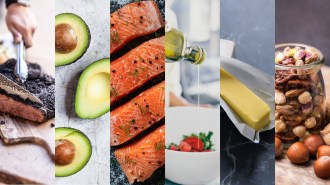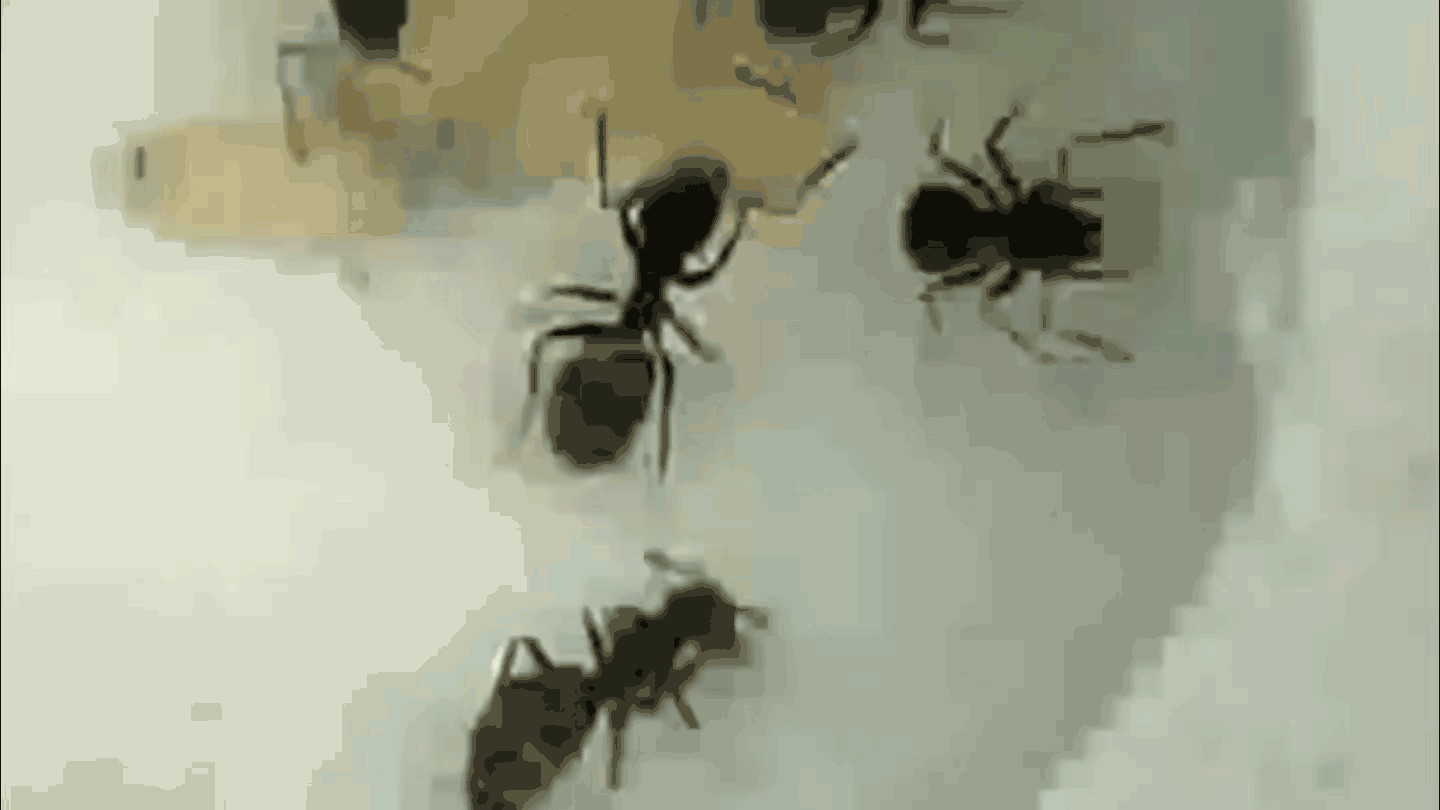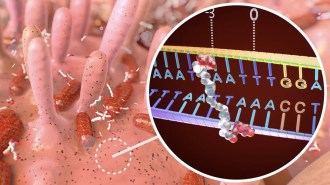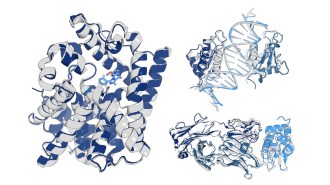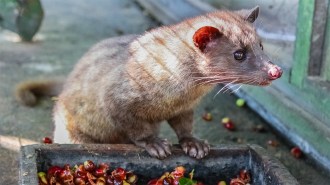
Engineering biologist Stephen Wallace harvests genetically engineered E. coli that can convert broken-down plastics into a common painkiller.
Edinburgh Innovations
Dealing with plastic waste is a real headache. But with a little help, bacteria can turn plastic into a painkiller.
Genetically engineered Escherichia coli bacteria converted a broken-down plastic bottle into the active ingredient in pain medicines like Tylenol and Panadol, scientists report June 23 in Nature Chemistry.
The approach could help reduce plastic pollution and curb reliance on the fossil fuels now used to make the ubiquitous medication. “I genuinely think this is quite an exciting sort of starting point for plastic waste upcycling,” says Stephen Wallace, an engineering biologist at the University of Edinburgh.
Plastic waste has long been known to harm the environment and human health. But scientists like Wallace are turning to microbes to convert plastics into more useful and valuable products. Combining biological processes with chemical reactions that don’t usually occur inside cells makes “nature do chemistry that it’s never evolved to do before,” Wallace says.
His team made E. coli do just that.
Before setting the bacteria to work on manufacturing pharmaceuticals, the researchers backed up a step and tested the microbes’ ability to create a necessary precursor molecule called para-aminobenzoic acid, or PABA, from plastic. And key to that step was seeing if E. coli can support an essential chemical reaction called a Lossen rearrangement, which alters the structure of a nitrogen-bearing molecule to make PABA.
The scientists modified E. coli so that it couldn’t make PABA through its regular biological pathway. That way, the cells would die without getting PABA (which is also essential in making the vitamin folic acid) through another route. They then gave those bacteria a starting compound that turns into PABA only after going through a Lossen rearrangement. The cells lived — a clear sign that the Lossen rearrangement was taking place.
Next, the researchers prepared the same starting compound by chemically breaking down a plastic bottle ingredient known as polyethylene terephthalate, or PET. Again, the E. coli thrived, turning the plastic-based precursor into PABA.
Turning plastic waste into fuel for organisms is interesting in its own right, Wallace says. But he and his colleagues took the reaction a step further. With some additional genetic instructions, E. coli can convert PABA into paracetamol, also known as acetaminophen, the active ingredient in the painkillers Tylenol, Calpol and Panadol.
The tweaked E. coli converted 92 percent of the broken-down plastic waste to paracetamol within 48 hours. Most paracetamol is currently manufactured from fossil fuels, so the new process could someday offer a more sustainable route to preparing the medicine, Wallace says.
There’s a long way to go before this process could be scaled up, though. The method the researchers used to break down the plastic bottle would be difficult to scale to industrial proportions, says Dylan Domaille, a chemist at the Colorado School of Mines in Golden who was not involved in the new study. But demonstrating that bacteria can turn plastic waste into something useful could motivate efforts to make breaking down plastics more scalable and sustainable, he says.
A long-term goal might be to get one or more types of microorganisms to perform every step of the transformation, says Venkatesh Balan, a biotechnologist at the University of Houston who was not involved in the study. Designing a single organism that can both break down plastic directly and turn it into useful materials is challenging, he says, but “this fundamental study will be a stepping stone in the right direction.

